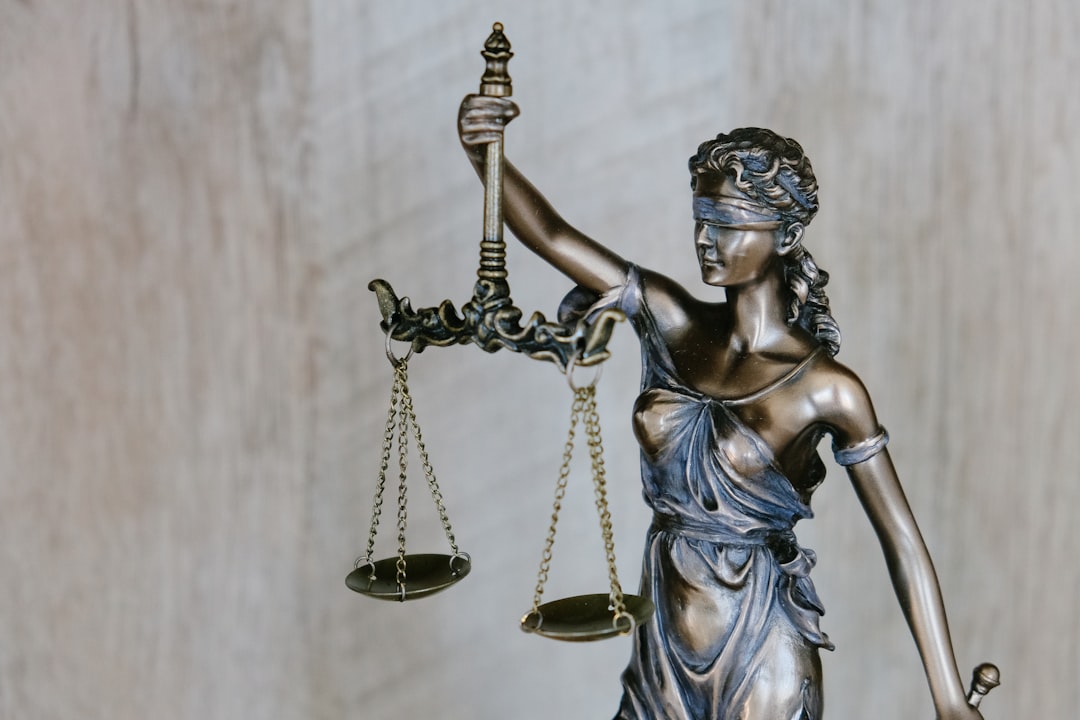A sexual assault lawyer in New Jersey is vital for protecting victims' rights and ensuring justice. They navigate complex legal processes, gather physical evidence like bodily fluids or fibers, and leverage victim testimonials to build robust cases. Lawyers face challenges presenting hearsay testimony while maintaining fairness and dignity. Their expertise in state laws and procedural guidelines is crucial for admitting relevant evidence and achieving favorable outcomes, emphasizing the importance of skilled representation in sexual assault cases.
In Elizabeth, New Jersey, navigating sexual assault cases requires a deep understanding of the legal framework and the critical role evidence plays. This article delves into the intricacies of presenting compelling cases, highlighting the significance of physical and testimonial evidence. We explore how experienced sexual assault lawyers in New Jersey navigate complex evidentiary rules to ensure justice for survivors. By examining these aspects, we aim to empower victims and emphasize the importance of a robust legal system in addressing sexual assaults effectively.
Understanding the Legal Framework for Sexual Assault Cases in New Jersey
In New Jersey, sexual assault cases are governed by a comprehensive legal framework designed to protect victims and ensure justice. A sexual assault lawyer in New Jersey plays a crucial role in navigating this complex system. The state has strict laws in place to address sexual violence, with provisions that cover various forms of non-consensual acts, including rape, aggravated sexual assault, and sexual contact without consent. Understanding these laws is essential for victims seeking justice and for lawyers who represent them.
The legal process involves multiple steps, from the initial report to trial. A sexual assault lawyer guides their client through each stage, ensuring their rights are protected. This includes gathering and presenting evidence, cross-examining witnesses, and arguing legal strategies based on New Jersey’s specific statutes related to sexual offenses. Knowledge of case law and procedural rules is vital for achieving a favorable outcome in these sensitive cases.
The Importance of Physical Evidence in Prosecuting Sexual Assault
In sexual assault cases, physical evidence plays a pivotal role in prosecuting offenders and delivering justice. As a trusted sexual assault lawyer in New Jersey would attest, collecting and preserving physical evidence is essential to build a strong case. This includes any tangible traces left at the scene, such as bodily fluids, hair, or clothing fibers, which can be analyzed to confirm the perpetrator’s involvement. With advanced forensic techniques, this evidence can provide concrete links between the accused and the victim, enhancing the prosecution’s case significantly.
Moreover, physical evidence offers a reliable means of corroborating the victim’s account of events. It helps address common misconceptions and challenges often associated with sexual assault cases, such as false memories or consent claims. A skilled lawyer will utilize this evidence to challenge or strengthen the victim’s testimony, ensuring a fair trial process. Ultimately, the importance of physical evidence lies in its ability to provide concrete facts, which are crucial for securing convictions and protecting victims’ rights in New Jersey.
Testimonial Evidence and its Weight in Sexual Assault Trials
In sexual assault cases, testimonial evidence plays a pivotal role in shaping the narrative and ultimately, the outcome of the trial. The testimony of witnesses, including the victim and any supporting individuals, carries significant weight as it provides firsthand accounts of the events. A qualified sexual assault lawyer in New Jersey understands that these testimonies can be powerful tools, offering insights into the victim’s experience and behavior post-assault. They help establish a timeline, corroborate each other, and paint a clear picture of what transpired.
New Jersey courts recognize the sensitivity and potential for trauma associated with sexual assault cases. As such, they give due consideration to testimonial evidence, understanding its impact on both parties. A skilled lawyer knows how to effectively question witnesses, uncovering nuances and inconsistencies that might sway the jury’s perception. By presenting compelling testimonial evidence, a sexual assault lawyer in New Jersey can help ensure a fair trial, where the facts are carefully evaluated and justice is served.
Challenges and Potential Biases in Admitting Evidence
In sexual assault cases, the admission of evidence is a delicate process, often fraught with challenges and potential biases. One significant issue is the risk of introducing hearsay testimony, where statements made by witnesses or victims may not be admissible due to lack of direct personal knowledge or reliability. This is particularly challenging in cases where the victim may be unable or unwilling to testify, requiring alternative sources of evidence to prove the assault.
Additionally, there’s a constant need to balance the presentation of sensitive and potentially traumatic evidence with fairness and accuracy. For instance, evidence related to the victim’s past sexual behavior or reputation can inadvertently introduce prejudicial information, leading to biased judgments. A sexual assault lawyer in New Jersey must navigate these complexities, ensuring that all presented evidence is not only relevant but also reliable, while protecting the rights and dignity of the victim.
Role of an Experienced Sexual Assault Lawyer: Navigating Complex Evidentiary Rules
In sexual assault cases, an experienced lawyer in Elizabeth, New Jersey is invaluable. They play a pivotal role in navigating complex evidentiary rules that can make or break a case. A skilled sexual assault lawyer understands the intricate legal processes involved and knows how to collect, preserve, and present evidence effectively.
They are experts in handling sensitive material, including medical records, forensic reports, and witness testimonies. Their knowledge of state laws and procedural guidelines ensures that all relevant evidence is properly admitted while protecting the rights of the client. By skillfully presenting a compelling case, these lawyers advocate for justice and seek favorable outcomes for their clients.





